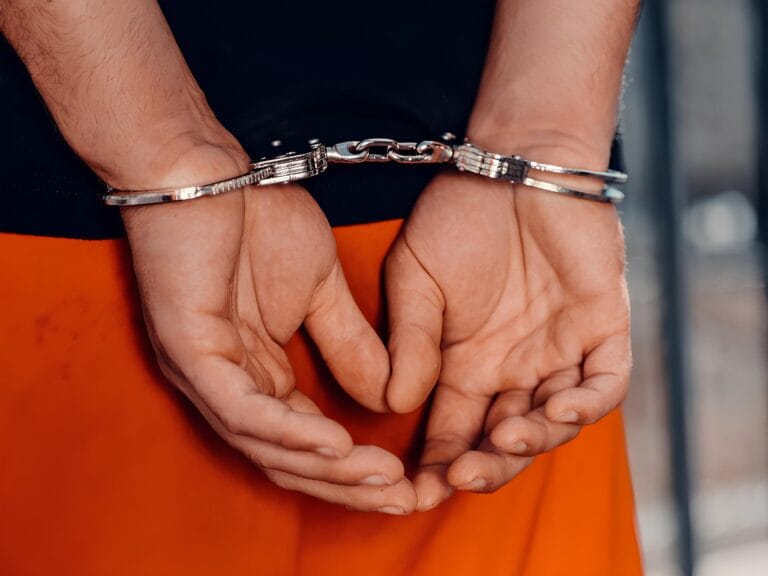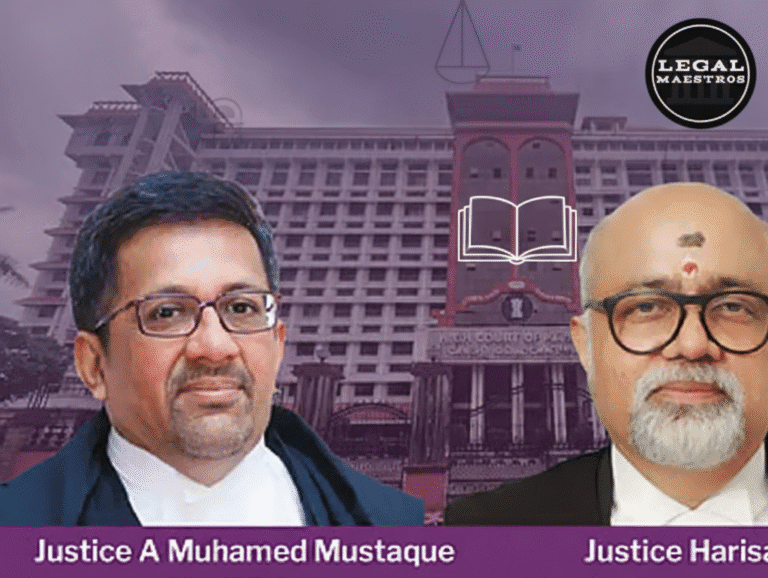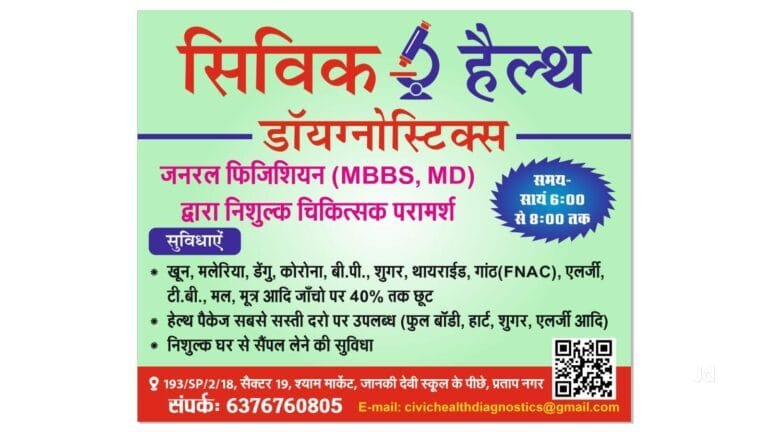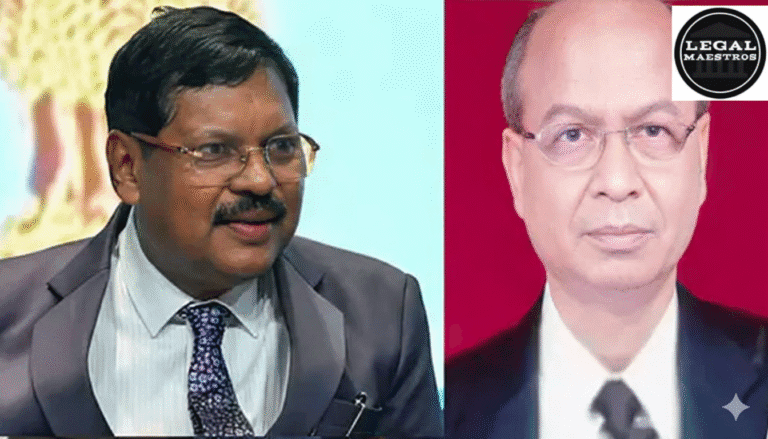
When Is Phone Tapping Legally Allowed in India? A Detailed Look at the Laws, Permissions, and Restrictions Surrounding Electronic Surveillance
Phone Tapping in India: Legal Framework, Permissions, and Restrictions
Phone tapping or interception of telephonic communications is in India strictly regulated by laws. Though indispensable for law and order and intelligence gathering agencies for their day-to-day activities, their unauthorised tapping is a trespass upon the important right to privacy contemplated by Article 21 of the Indian Constitution. The article expounds on the legality of phone tapping in India – permissions required or not, thereby laying down the overall restrictions.
Legal Provisions Controlling Phone Tapping
For any queries or to publish an article or post or advertisement on our platform, do call at +91 6377460764 or email us at contact@legalmaestros.com.
The Indian Telegraph Act of 1885 is the main legislation in India that addresses the interception of communications. Section 5(2) of the said Act authorizes the Central and State Governments to intercept messages in cases of public emergency or in the interest of public safety. The interception is permitted only when it appears to the Central or State Government as necessary for:
– The sovereignty and integrity of India
– The security of the State
For any queries or to publish an article or post or advertisement on our platform, do call at +91 6377460764 or email us at contact@legalmaestros.com.
– Friendly relations with foreign states
– Public order
– Preventing incitement to the commission of an offense
For any queries or to publish an article or post or advertisement on our platform, do call at +91 6377460764 or email us at contact@legalmaestros.com.
**Procedural Safeguards and Authorizations**
In this regard, the government has formulated procedural safeguards to avoid abuse of such power. As per Rule 419A of the Indian Telegraph Rules, 1951 as amended, an interception order can be issued by the following officers:
For any queries or to publish an article or post or advertisement on our platform, do call at +91 6377460764 or email us at contact@legalmaestros.com.
The Secretary to the Government of India in the Ministry of Home Affairs
The Secretary to the State Government in charge of the Home Department
Such an order may, in unavoidable circumstances, be issued by an officer not below the rank of a Joint Secretary who has been duly authorized by the respective government. In emergency situations where obtaining the prior approval is not possible, the interception can be carried out with the prior approval of the head or the second senior-most officer of the authorized law enforcement agency at the central level, or by officers not below the rank of Inspector General of Police at the state level. However, such interceptions shall be reported to the competent authority within three working days and confirmed within seven days; otherwise, the interception must cease.
For any queries or to publish an article or post or advertisement on our platform, do call at +91 6377460764 or email us at contact@legalmaestros.com.
**Judicial Oversight and the Right to Privacy**
The Supreme Court of India has played a pivotal role in delineating the contours of lawful phone tapping. In the landmark case of People’s Union for Civil Liberties (PUCL) vs. Union of India, the Court recognized that the right to hold a telephone conversation in the privacy of one’s home or office without interference can be claimed as part of the “Right to Privacy” under Article 21 of the Constitution. The Court held that telephone tapping would infringe upon the Right to Life and the Right to Freedom of Speech and Expression enshrined in Articles 21 and 19(1)(a) respectively, unless it is permitted under the procedure established by law. The Supreme Court held that the happening of any public emergency or the interest of public safety is sine qua non for the application of Section 5(2) of the Indian Telegraph Act. This judicial check ensures the exercising of the power to intercept communications with caution and only when necessary.
**Penalties for Unauthorized Phone Tapping**
For any queries or to publish an article or post or advertisement on our platform, do call at +91 6377460764 or email us at contact@legalmaestros.com.
Unauthorized tapping of telephone is a very serious offense in India. It has been seen that the Indian Telegraph Act’s proposed amendments speak of heavy punishment for the offenders. Anyone guilty of unauthorized telephone tapping shall face imprisonment for three years or an amount of fine up to two crore rupees or both. These stringent penalties mean that adherence to the legal framework governing telephone tapping is all-important and will, at the same time, deter one from violating other people’s privacy rights.
**State Security and Individual Privacy – Finding the Balance**
While the Indian legal structure for tap and taping of telephones aims to find a delicate balance between the state’s duty to uphold national security and public order and the private citizen’s right to privacy, under various law provisions, including the specific situations under which the government is allowed to intercept communications, strict procedural safeguards and judicial review are applied to prevent such actions. This balance ensures that while the state can perform its duty to protect citizens, it does not intrude upon rights guaranteed by the Constitution.
For any queries or to publish an article or post or advertisement on our platform, do call at +91 6377460764 or email us at contact@legalmaestros.com.
**Conclusion**
Tapping of a telephone in India is permissible, and it should only be an exceptional case while invoking public emergency or public safety and requires appropriate authorization from nominated officials of the Government. The procedural safeguards and judicial oversight mechanisms in place aim to prevent misuse of this power and to protect individuals’ right to privacy. The unauthorized interception is a punishable offense, reflecting the seriousness with which the Indian legal system views the protection of personal communications. As technology continues to evolve, it is imperative for the legal framework to adapt accordingly, ensuring that the balance between state security and individual privacy is maintained.






